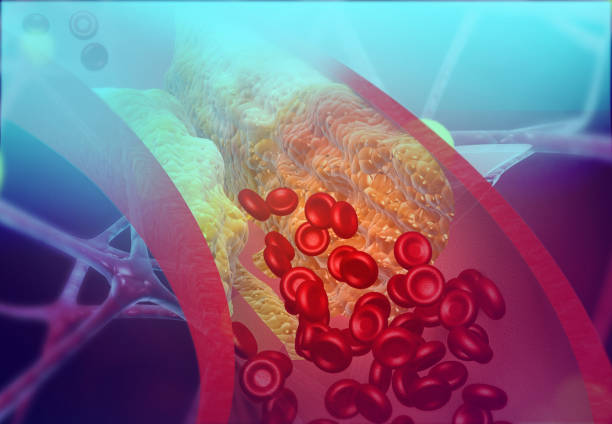In contemporary times, consuming fatty substances is not conducive to good health. The intake of alcohol and eating mutton can significantly increase the levels of bad cholesterol in the body, adversely affecting health. Particularly in winter, engaging in physical exercise becomes preferable. However, this alone is insufficient, as the body experiences a deficiency of Vitamin D due to reduced exposure to sunlight during winter, impacting lipid metabolism.
To combat high cholesterol levels, it is essential to pay special attention to dietary choices. Here are five foods that can provide significant health benefits when consumed regularly. Fasting in the morning is advisable for those aiming for a low-cholesterol diet. The compounds in peach and LDL cholesterol aid in lowering bad cholesterol. Including fiber-rich foods in the diet helps reduce bad cholesterol levels and promote overall health.
Dietary Habits
In the quest to lower bad cholesterol, incorporating dry fruits into the diet can be beneficial. Dry fruits like almonds, walnuts, and hazelnuts have antioxidants and are rich in monounsaturated fatty acids, contributing to reducing cholesterol levels. While consuming dry fruits, moderation is key. Mono-saturated fats in dry fruits assist in reducing bad cholesterol levels and promoting good cholesterol.
In winter, leafy greens such as spinach, radish leaves, and beetroot greens are abundantly available and offer numerous health benefits. Along with these, vegetables like cabbage, cauliflower, broccoli, potatoes, carrots, and beans contribute to lowering bad cholesterol levels.
For those with high cholesterol, consuming Omega-3 fatty acids, found abundantly in foods like walnuts, flaxseeds, chia seeds, and avocados, is recommended. These acids not only reduce bad cholesterol levels but also prevent blood clotting, thereby reducing the risk of cardiovascular issues.
Individuals with elevated cholesterol levels should prioritize the intake of Omega-3 fatty acids, which are rich in walnuts, seafood, chia seeds, and flaxseeds. These foods not only lower cholesterol but also aid in preventing blood clotting, reducing the risk of cardiovascular problems.
also read :
9 Delicious Choices to Lower LDL Cholesterol
High Cholesterol : Signs, Symptoms, and Prevention
Heart Health and Cholesterol Management : 8 Dietary Practices for Optimal Wellness

